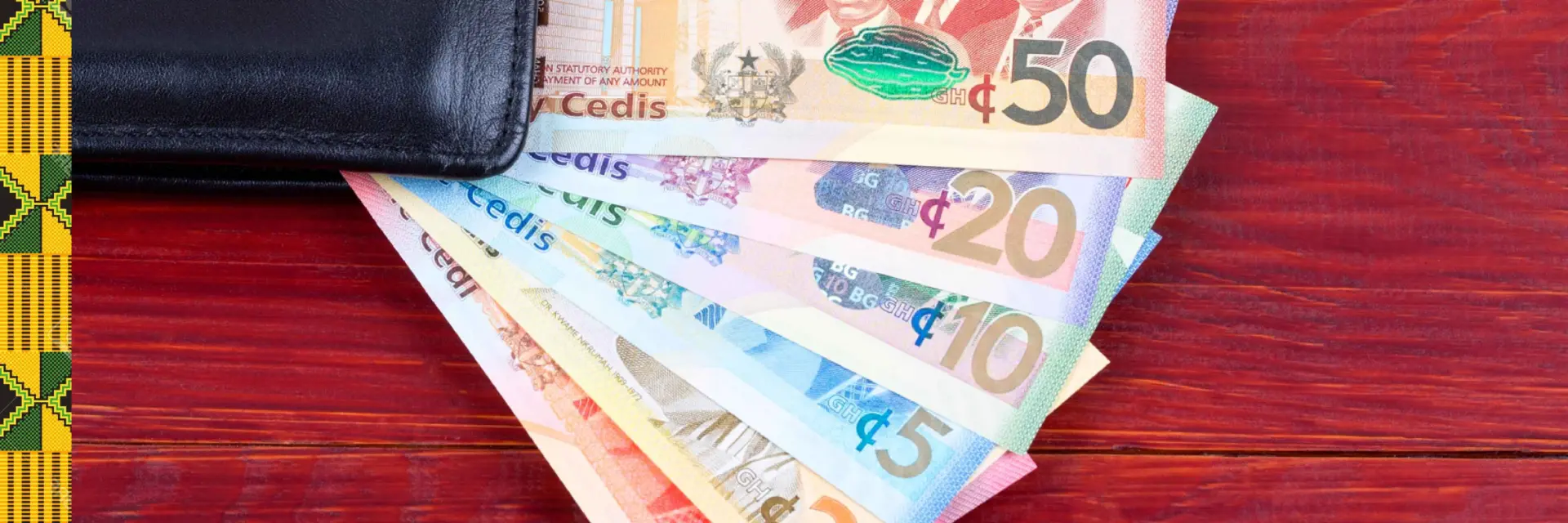The Ghanaian economy entered 2025 with a mixed bag of challenges and opportunities as the cedi continued its perennial battle against major trading currencies.
According to the Bank of Ghana’s (BoG) January 2025 Summary of Economic and Financial Data report, the cedi recorded an average depreciation rate of 2.06% against the US dollar, British pound, and euro in January.
This marked a significant improvement compared to December 2024’s alarming depreciation rates of 19.2% against the dollar, 17.8% against the pound, and 13.7% against the euro.
While the January 2025 figures indicate some level of stabilization, 2.4% depreciation against the dollar, 0.8% against the pound, and 3% against the euro, these fluctuations in currency value continue to cast long shadows across government operations, businesses, entrepreneurs, and consumers.
The Impact on Government
The government, as the largest participant in the economy, remains particularly vulnerable to exchange rate volatility. A relatively high depreciation rate in December 2024 meant increased debt-servicing costs for Ghana’s external borrowings, which constitute about 56% of the country’s total debt stock.
The International Monetary Fund (IMF) reported in its December 2024 review that Ghana spent over GH₵40 billion ($3.4 billion) servicing external debts, a situation exacerbated by cedi depreciation.
Although the lower January depreciation offers some breathing room, it still impacts the government’s ability to fund critical sectors such as education, healthcare, and infrastructure.
Import-dependent projects, including the supply of medical equipment or energy infrastructure, see higher costs due to exchange rate pressures. These further strains public finances already grappling with a budget deficit of GH₵72 billion as of December 2024.
Corporate Sector and Large Businesses
Large corporations, particularly those in import-heavy industries such as manufacturing, retail, and oil and gas, feel the pinch of currency fluctuations. For instance, Unilever Ghana reported a 14% increase in the cost of raw material imports in Q4 2024, while TotalEnergies Ghana projected a 9% rise in fuel prices by February 2025 due to forex-related adjustments.
Moreover, financial institutions face heightened risks of loan defaults. Businesses borrowing in dollars but earning revenue in cedis struggle to maintain repayment schedules. A Bank of Ghana study in January 2025 revealed that 37% of all non-performing loans (NPLs) were tied to businesses unable to manage exchange rate pressures.
The weaker cedi also creates uncertainty in foreign direct investment (FDI) flows. Investors tend to shy away from economies with volatile currencies, despite Ghana’s recent gains in attracting $1.3 billion in FDI inflows in 2024, driven by opportunities in mining and fintech.
Entrepreneurs and SMEs
Small and medium-sized enterprises (SMEs) often bear the brunt of currency depreciation due to their limited financial buffers and lack of access to hedging instruments. In January 2025, many SMEs operating in sectors such as retail, hospitality, and agribusiness reported a 7% rise in operational costs compared to January 2024.
Entrepreneurs like Kofi Mensah, owner of an agro-processing startup in Kumasi, lamented the increase in machinery import costs, which ate into his profit margins by 11%.
SMEs are the backbone of Ghana’s economy, accounting for 70% of employment and 92% of registered businesses. Thus, their struggles directly translate into slower economic growth and increased unemployment, which stood at 13.2% as of December 2024.
Goldbod rescuing the Cedi
Government has announced plans to leverage the country’s gold reserves to shore up the local currency while also providing regulatory oversight for small-scale mining activities.
The finance minister, Dr Casiel Ato Forson has given the strongest indication that they will allocate the cedi equivalent of US$279million as a revolving fund for the Board, allowing it to purchase and export at least three tonnes of gold per week from small-scale miners.
This measure, according to Dr. Forson, is expected to increase the country’s foreign exchange reserves while formalising a sector that has long been vulnerable to smuggling and illicit financial flows.
Also, in a bid to further incentivise the sector, he announced that government will abolish the 1.5 percent withholding tax on unprocessed gold winnings by small-scale miners. This move will go a long way to bring an end to the volatility of national currency.




